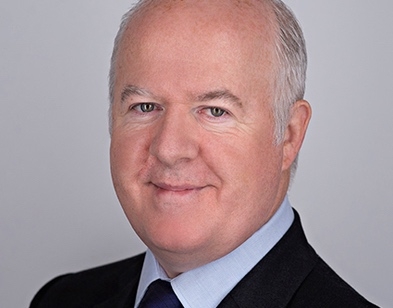I suspect there were some gasps this week when the Financial Services Compensation Scheme announced that its annual levy would fall by a whopping £150m from a predicted £415m to £265m for the 2024/25 funding year.
It was a reminder that levies can go down as well as up and I’m sure was welcomed as good news by many.
However, it does not fix the inescapable problem that the cost of compensation is inexorably rising over the long term.
Before I comment on why this is the case, a pat on the back for the FSCS which managed to recover £54m from the growing estate of failed firms during the past year. This alone helped to cut the levy. It augurs well for the future.
The fact remains, however, that there are some shortcomings with the FSCS which need tackling long term if the levy is to be kept under control.
The first is the £85,000 limit per compensation case. This was last changed in 2019 when it was increased from £50,000 but it’s still not enough.
With the rapid growth in bigger and more complex pensions and investment cases, victims can lose hundreds of thousands at a time.
Of course, there needs to be some limit but there are questions about whether the £85,000 limit is adequate and, if it rises, how it will be funded and what impact this might have on the levy.
The second issue is the volatility of the levy. The latest forecast is £150m lower than the initial estimate. That’s a big difference and while it is welcome it makes it difficult for regulated firms to plan ahead when the levy can vary so much.
The elephant in the room, however, is of course whether the FSCS system is the right way to compensate clients and whether the funding arrangements will work long term. Others have proposed product levies but these ideas have failed to move forward. With the likelihood that the levy may rise inexorably now may be the time to review the whole system.
One thing is certain though, the levy and the FSCS remain essential to provide a safety net for consumers and investors and to provide trust and confidence in regulated products. Without the FSCS many would have lost their entire life savings due to no fault of their own.
It remains one of the single biggest most successful consumer protection initiatives in financial services. Reform it yes but watering it down or ditching it is not an option.
• This column is taking a short break for some overseas sunshine and will return in two weeks.
• Our latest issue of Financial Planning Today magazine is available. Here’s link to view the issue: https://bit.ly/2ZdVXWz. If you have any questions or want to drop me a line to provide feedback you can reach me on
Kevin O’Donnell is editor of Financial Planning Today and a journalist with 40 years of experience in finance, business and mainstream news. This topical comment on the Financial Planning news appears most weeks, usually on Fridays but occasionally other days. Email:

